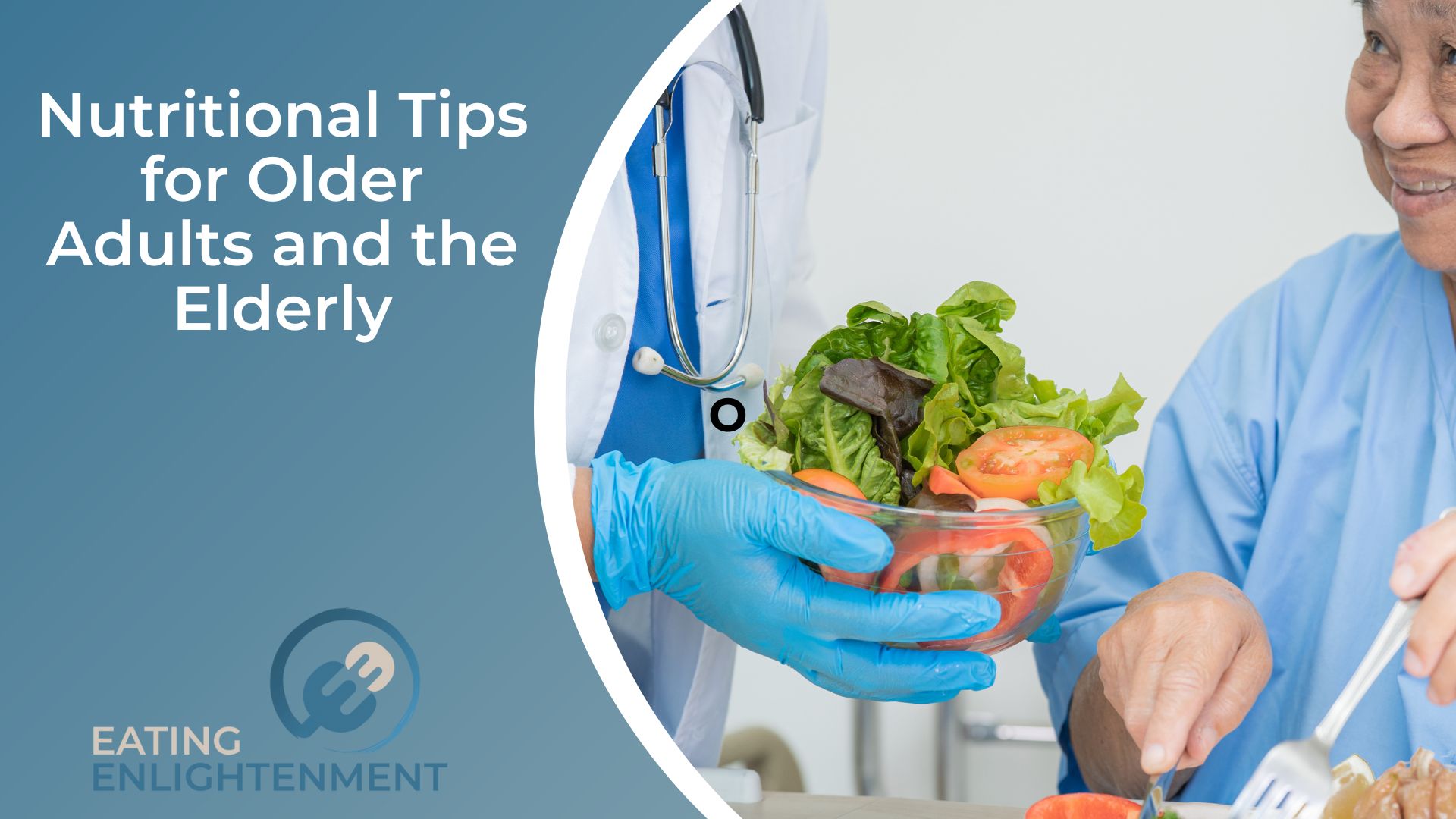These days, there is enough media publicity surrounding the importance of proper nutrition and how directly what you eat affects how you look and feel.
For older adults, it becomes even more important to ensure you consume the correct amounts of vitamins and minerals to take care of your brain, heart, lungs, skin, eyes, and emotional health and well-being.
Continue reading for essential information regarding what you should and should not eat as an older adult.
Eat More Fish
As long as you are not one of those people who simply cannot stand fish’s smell, let alone the taste and texture, it is time to choose salmon, tuna, mackerel, and other types of fish over red and white meat because it is incredibly rich in fatty acids and omega 3.
Ideally, aim to eat fish around three to four times a week and vary the type of fish you consume and how you prepare and cook it. Eating more fish is incredibly beneficial to not only older people, but individuals of any age, as it can help reduce the risk of stroke, dementia, stroke, and even a specific form of vision loss called macular degeneration.
Reduce Your Salt Intake
First and foremost and moreover, even though you will have read countless articles and heard many interviews with experts all warning of the dangers of consuming too much sugar, as an older adult, you also need to reduce the amount of salt you eat too.
Your body does, of course, need some salt to remain in tip-top condition, but as older people are substantially more susceptible to experiencing high blood pressure and, as a direct result, heart disease, reducing your salt intake is strongly advisable.
In practical terms, this means eating less bacon, corned beef, ham, potato chips, and pastries, as well as, when dining out, choosing dishes with a lower salt content than others.
Drink More Water
Even though it can often feel as if drinking more water is the answer to virtually any health condition or concern, the truth is that increasing your water consumption will have numerous positive effects on both your physical and emotional well-being. You should aim to drink 2.7-3.7 liters of water a day.
Just a selection of the primary benefits of drinking more water on a daily basis include:
- Cushioning of the joints
- Body temperature regulation
- A cleaner digestive system
- A heightened immune system
- Constipation prevention
- Healthier skin, nails, and eyes
Swap Saturated Fats for Unsaturated
Your body needs certain types and amounts of fats to function at peak performance, but too many sweet treats, such as candies, chocolate, cakes, and chips are not a good idea, especially for older adults.
As a rule, when preparing your meals, switch out foodstuffs such as coconut, butter, cream, coconut oil, and palm oil (all of which are high in saturated fats), for natural, unsaturated alternatives from nut pastes and butter, spreads, oils and even avocado.
Reducing fat intake is just one of the major reasons why plenty of older adults and older adults choose to move to a prestigious senior living community, as part and parcel of the services provided to each and every resident is a varied menu with delicious, freshly prepared, and nutritious meals for every meal.
Eat High-Fiber Items Every Day
Fiber is an essential nutritional source for your body, and you need to be looking to consume at least thirty grams of fiber, be that in your breakfast cereal or from another source, every single day.
There are two types of fiber, both of which are important and beneficial:
- Soluble Fiber
Soluble fiber, found in chia seeds, apples, beans, nuts, and blueberries, dissolves completely in water and helps lower your cholesterol and glucose levels.
- Insoluble Fiber
Insoluble fiber, found in brown rice, pears and apples, almonds, walnuts, and kale, does not dissolve in water and helps to prevent constipation, help your food move more efficiently through your bowel, and generally helps to improve the condition of your digestive system.
Calcium
Last, but certainly not least, another important component of an older person’s healthy and nutritious diet is ensuring you are eating enough calcium.
Calcium is stored in both your teeth and your bones, and as such, eating the right levels of calcium will help strengthen your bones and aid muscle function, hormone secretion, and nerve transmission.
For individuals over the age of seventy, it is recommended that you eat, regardless of your gender, around 1,200 mg of calcium every day, and fortunately, there is a wide range of foodstuffs containing strong levels of calcium.
Calcium is found in milk, most cheeses, Bok choi, raw broccoli, turnip, almonds and raw kale, so get down to the grocery store and fill your cart with these healthy and nutritious items.



